The Best Companion Plants For Walker's Low Catmint
Introduction
Walker's Low Catmint is a beautiful and versatile perennial that is easy to grow. It is known for its soft, blue flowers and its long blooming period. Walker's Low Catmint is also a great choice for pollinator gardens, as it attracts bees, butterflies, and other insects.
When choosing companion plants for Walker's Low Catmint, it is important to consider the plant's needs and preferences. Walker's Low Catmint prefers full sun and well-drained soil. It is also drought-tolerant and relatively pest- and disease-free.
Here are some of the best companion plants for Walker's Low Catmint:
- Lavender: Lavender is a classic companion plant for catmint. The two plants complement each other's colors and textures. Lavender also helps to deter pests from catmint.

- Salvia: Salvia is another great companion plant for catmint. The two plants have similar growing requirements and they both attract pollinators.
- Yarrow: Yarrow is a low-maintenance plant that adds height and texture to a garden. It also blooms at the same time as catmint, so the two plants can provide a long season of color.

- Coneflower: Coneflower is a tall, upright plant that adds a touch of drama to a garden. It also blooms in the late summer, so it can extend the flowering season of catmint.
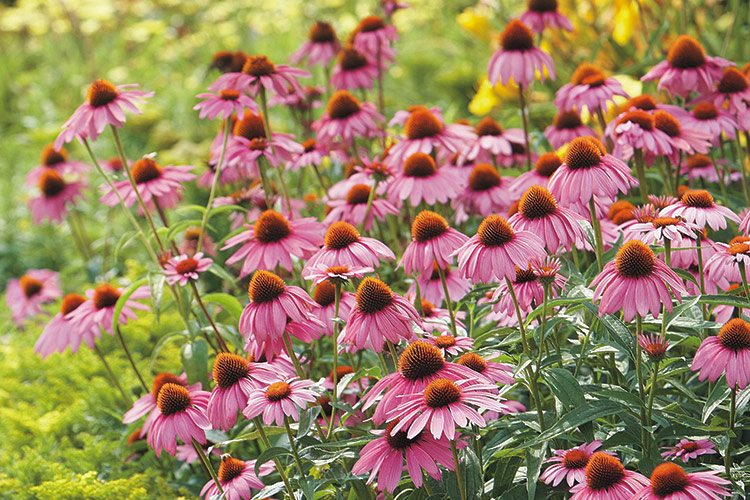
- Echinacea: Echinacea is another tall, upright plant that is a great companion for catmint. It is also a medicinal plant that is used to treat a variety of ailments.
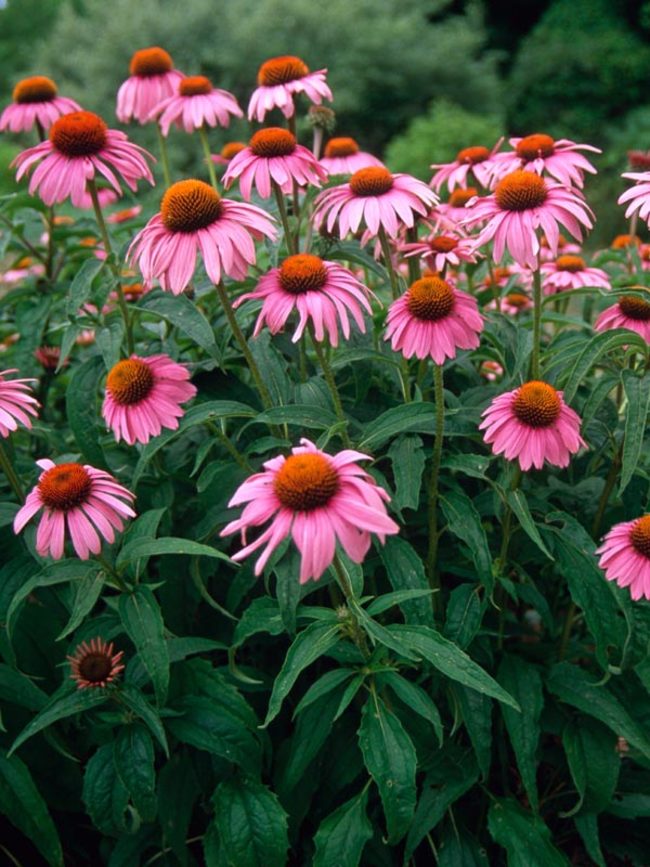
Main Content
In addition to the plants listed above, there are a number of other companion plants that can be grown with Walker's Low Catmint. Some other good options include:
- Bee Balm: Bee Balm is a low-growing, flowering plant that attracts bees and butterflies.
- Tufted Hairgrass: Tufted Hairgrass is a tall, ornamental grass that adds texture and movement to a garden.

- Irises: Irises are a diverse group of plants that come in a variety of colors and sizes. They can be grown in front of, behind, or between catmint plants.
- Sneezeweed: Sneezeweed is a tall, daisy-like plant that blooms in the late summer. It is a good choice for pollinator gardens.
- Dahlias: Dahlias are a popular choice for cut flowers, but they can also be grown in the garden. They come in a variety of colors and sizes, so you can find the perfect ones to complement your catmint plants.
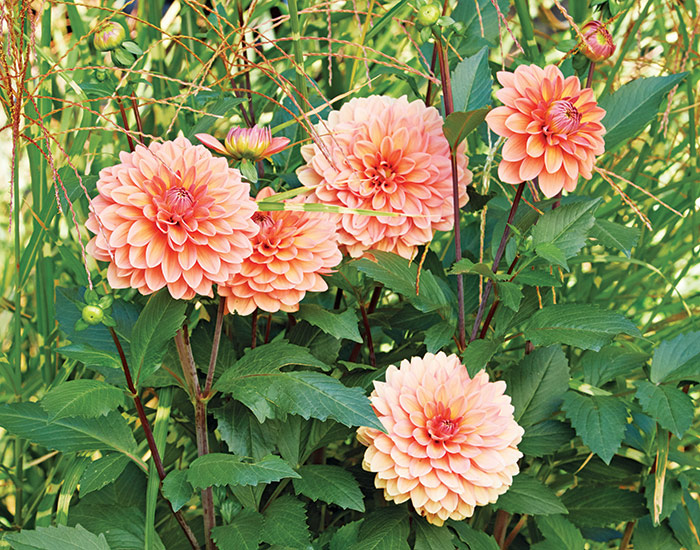
Conclusion
When choosing companion plants for Walker's Low Catmint, it is important to consider the plant's needs and preferences. By choosing the right companion plants, you can create a beautiful and thriving garden that will attract pollinators and provide you with years of enjoyment.
Catmint Walker's Low is a beautiful and versatile plant that can be used in a variety of garden settings. It is also a great companion plant for other flowers, as it helps to attract pollinators and deter pests.
Here are some of the best companion plants for Catmint Walker's Low:
- Roses
- Verbena
- Agastache
- Lavender
- Tufted Hairgrass
- Irises
- Bee Balm
- Yarrow
- Dahlias
- Sneezeweed
For more information about Catmint Walker's Low companion plants, please visit Garden Wiki.
FAQ of catmint walker's low companion plants
What are the best companion plants for catmint walker's low?
Some of the best companion plants for catmint walker's low include:
- Roses
- Verbena
- Agastache
- Lavender
- Tufted hairgrass
- Irises
- Bee balm
- Yarrow
- Dahlias
- Sneezeweed
These plants all have similar growing conditions to catmint walker's low, so they will thrive in the same type of soil and sunlight. They also have different colors and textures, so they can help to create a visually appealing and interesting garden bed.
What plants compliment catmint?
Catmint is a versatile plant that can be paired with a variety of other plants. Some good choices include:
- Lavender
- Sage
- Yarrow
- Echinacea
- Bee balm
- Rudbeckia
- Coneflowers
- Asters
- Marigolds
When choosing companion plants for catmint, it is important to consider the plant's height, color, and bloom time. For example, you might want to pair catmint with a taller plant, such as lavender, to create a vertical element in your garden. Or, you might want to pair catmint with a plant that has a different color bloom, such as yellow marigolds, to create a more vibrant display.
Does Nepeta Walker's Low spread?
Yes, Nepeta walker's low can spread by underground runners. This means that it can quickly fill in an area and become invasive. If you are concerned about the plant spreading, you can plant it in a container or in a garden bed that is surrounded by a barrier.
What are the benefits of planting catmint walker's low with other plants?
There are several benefits to planting catmint walker's low with other plants. These include:
- Attracting pollinators: Catmint is a magnet for pollinators, such as bees, butterflies, and hummingbirds. Planting it with other nectar-rich plants can help to attract even more pollinators to your garden.
- Improving soil quality: Catmint is a nitrogen-fixing plant, which means that it helps to improve the nitrogen content of the soil. This can benefit the other plants in your garden.
- Creating a more visually appealing garden: Planting catmint walker's low with other plants can help to create a more visually appealing garden. The different colors, textures, and heights of the plants can create a more interesting and dynamic display.
Image of catmint walker's low companion plants
- Lavender is a classic companion plant for catmint, and for good reason. The two plants complement each other beautifully, with the lavender's purple flowers contrasting nicely with the catmint's blue flowers. Lavender is also a great pollinator plant, so it will attract bees and butterflies to your garden.
- Salvia is another great companion plant for catmint. There are many different varieties of salvia, so you can choose one that will complement the color of your catmint. Salvia is also a great pollinator plant, and it can help to deter pests from your garden.
- Yarrow is a hardy perennial that is drought-tolerant and easy to care for. It makes a great companion plant for catmint because it blooms at the same time, and the two plants have similar flower colors. Yarrow is also a great medicinal plant, and it can be used to make a tea that is said to relieve headaches and colds.
- Coreopsis is a cheerful annual that blooms in shades of yellow, orange, and pink. It makes a great companion plant for catmint because it attracts butterflies and other pollinators. Coreopsis is also a relatively low-maintenance plant, so it's a good choice for busy gardeners.
- Echinacea is a popular medicinal herb that is also a beautiful addition to any garden. It blooms in shades of pink, purple, and white, and it attracts butterflies and other pollinators. Echinacea is also a relatively easy plant to care for, so it's a good choice for beginner gardeners.
- Asters are a group of perennials that bloom in the fall. They come in a wide range of colors, so you can find one that will complement your catmint. Asters are also a great choice for attracting butterflies and other pollinators.
- Coneflowers are another popular choice for companion planting with catmint. They come in a variety of colors, including purple, pink, and yellow. Coneflowers are also a great choice for attracting butterflies and other pollinators.
- Bee balm is a great choice for attracting pollinators to your garden. It blooms in shades of red, pink, and purple, and it has a sweet fragrance that bees love. Bee balm is also a relatively easy plant to care for, so it's a good choice for beginner gardeners.
- Goldenrod is a tall, sturdy perennial that blooms in late summer and fall. It's a great choice for attracting butterflies and other pollinators. Goldenrod is also a relatively easy plant to care for, so it's a good choice for beginner gardeners.
- Shasta daisies are a classic choice for companion planting with catmint. They come in a variety of colors, including white, pink, and yellow. Shasta daisies are also a great choice for attracting butterflies and other pollinators.
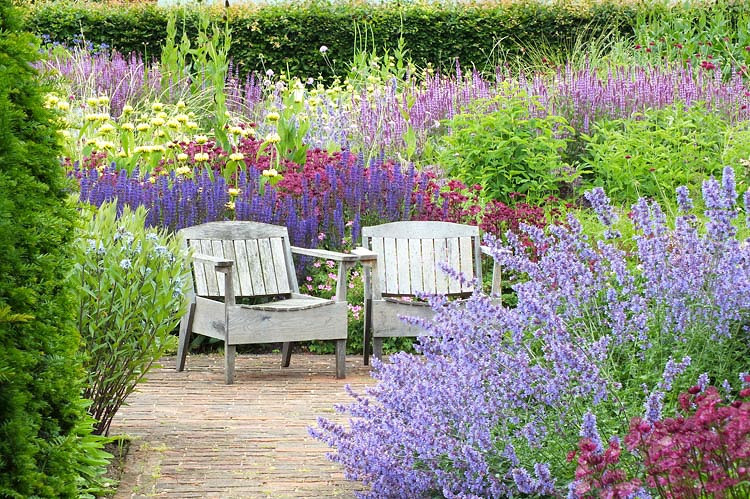

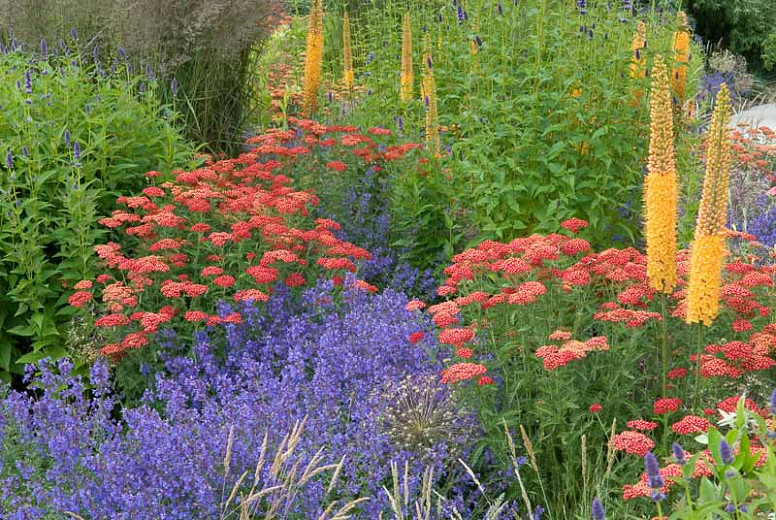



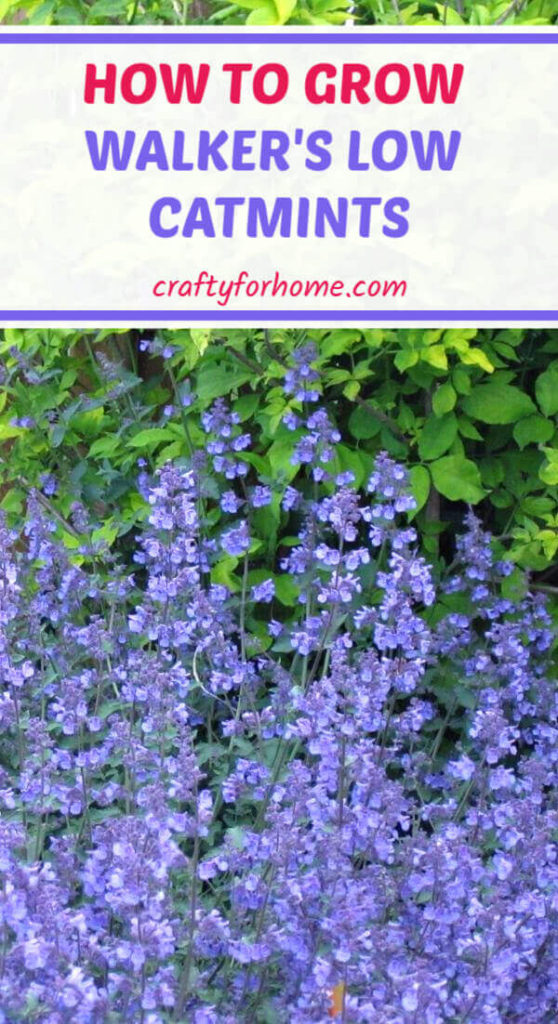
Post a Comment for "The Best Companion Plants For Walker's Low Catmint"